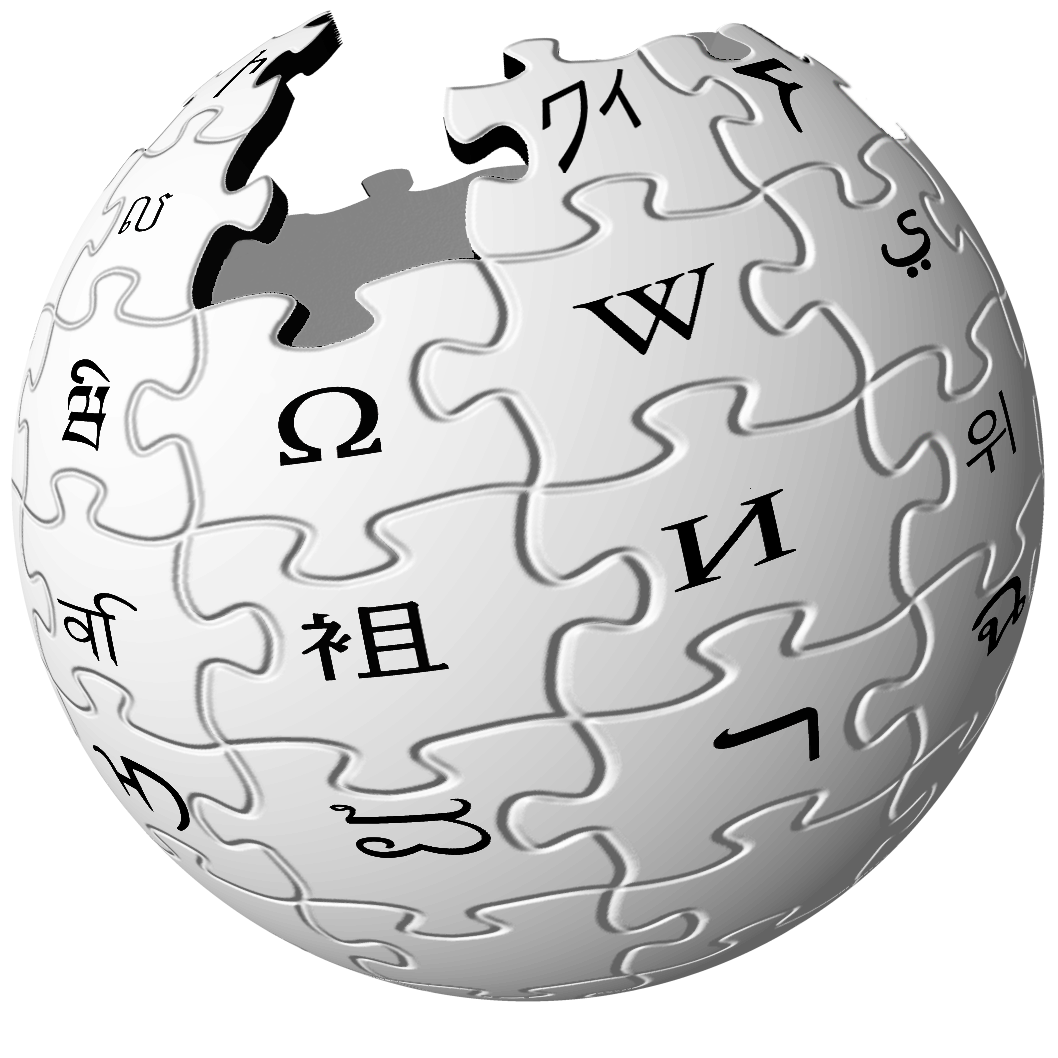RED Portals and Rooms
Portal Rendering Basics
Red Faction uses portal rendering to determine what geometry and objects will be visible at any given time and therefore avoid instances where level assets that can't be seen by the player are still being rendered. By determining which geometry and objects are not currently visible, and not rendering those assets, significant performance improvements are achieved.
As a concept, this approach involves separating levels into sectors (referred to as rooms), which are connected to one another by small openings that the engine has been instructed to consider as portals. When the engine determines that a room behind a portal needs to be rendered (based on the player's current camera position and view direction), only the parts of that room that are visible through the portal are rendered, rather than the entire space. As a general practice, portals should be configured in any confined areas (doors, tunnels, windows, etc.) that connect two otherwise separate areas of a level. The use of portals in this way greatly simplifies the engine's task of determining visible areas and objects from any given point of view.
At a technical level, portals allow the engine to use each portal as a viewing frustrum for the area behind the portal.
Rooms
Door Rooms
Portals
Air Brush Portals
Solid Brush Portals
Portal Brushes
 |
This page uses content from Portal rendering on Wikipedia, which is available under the GNU Free Documentation License. |